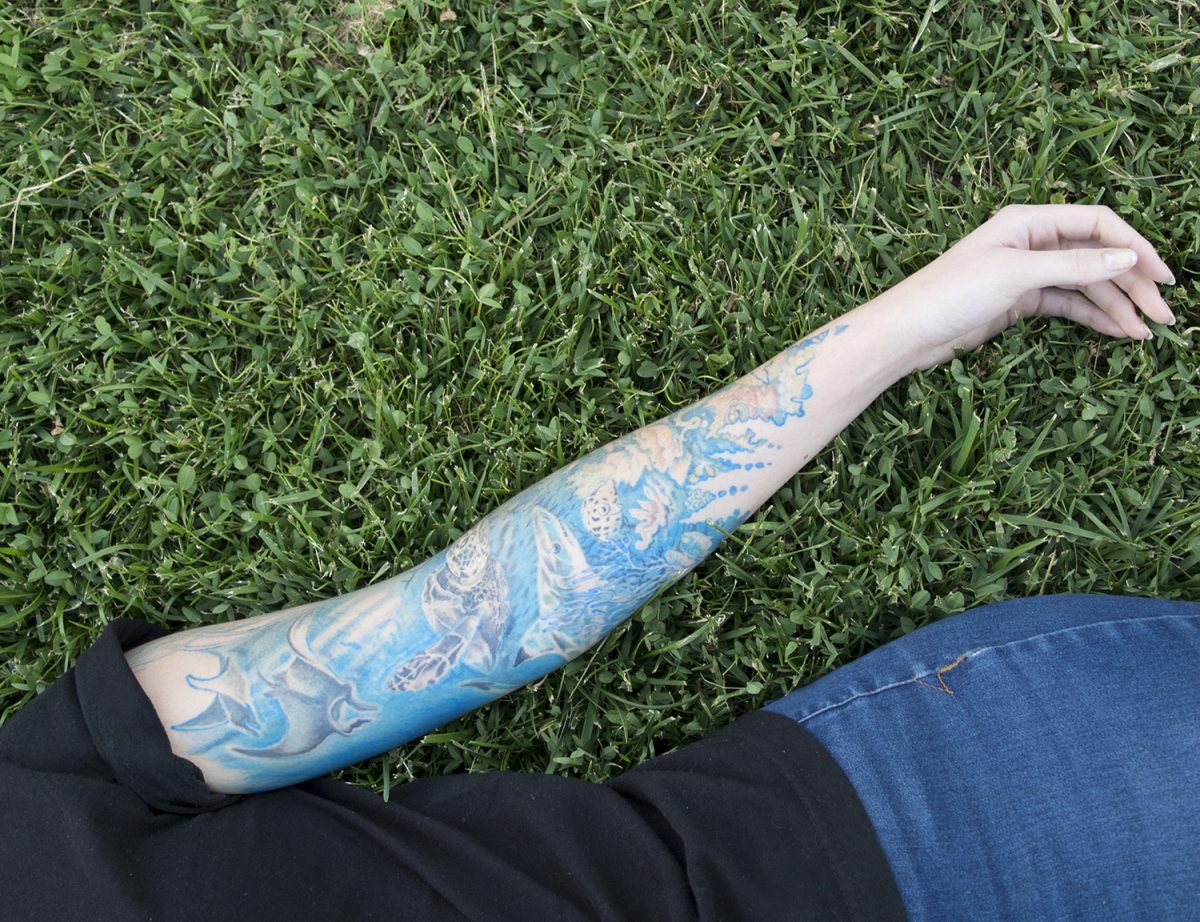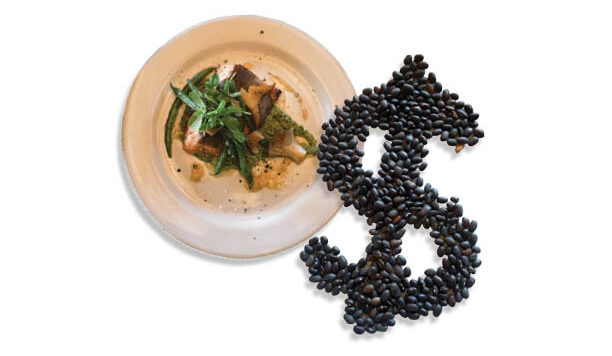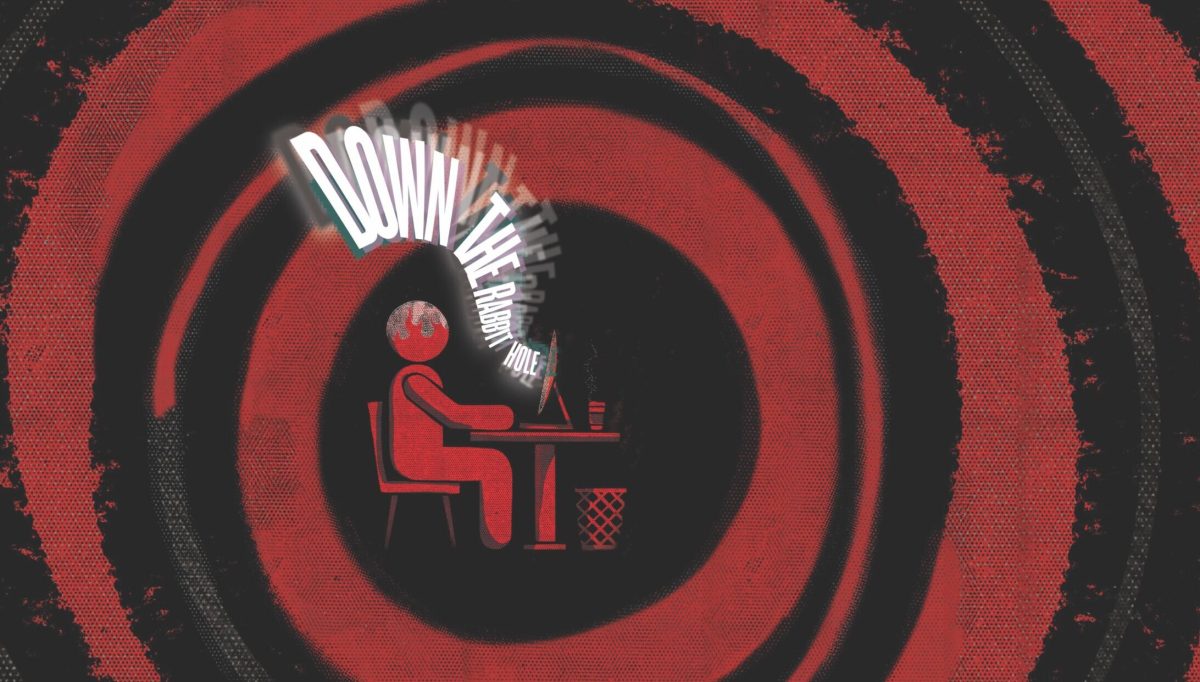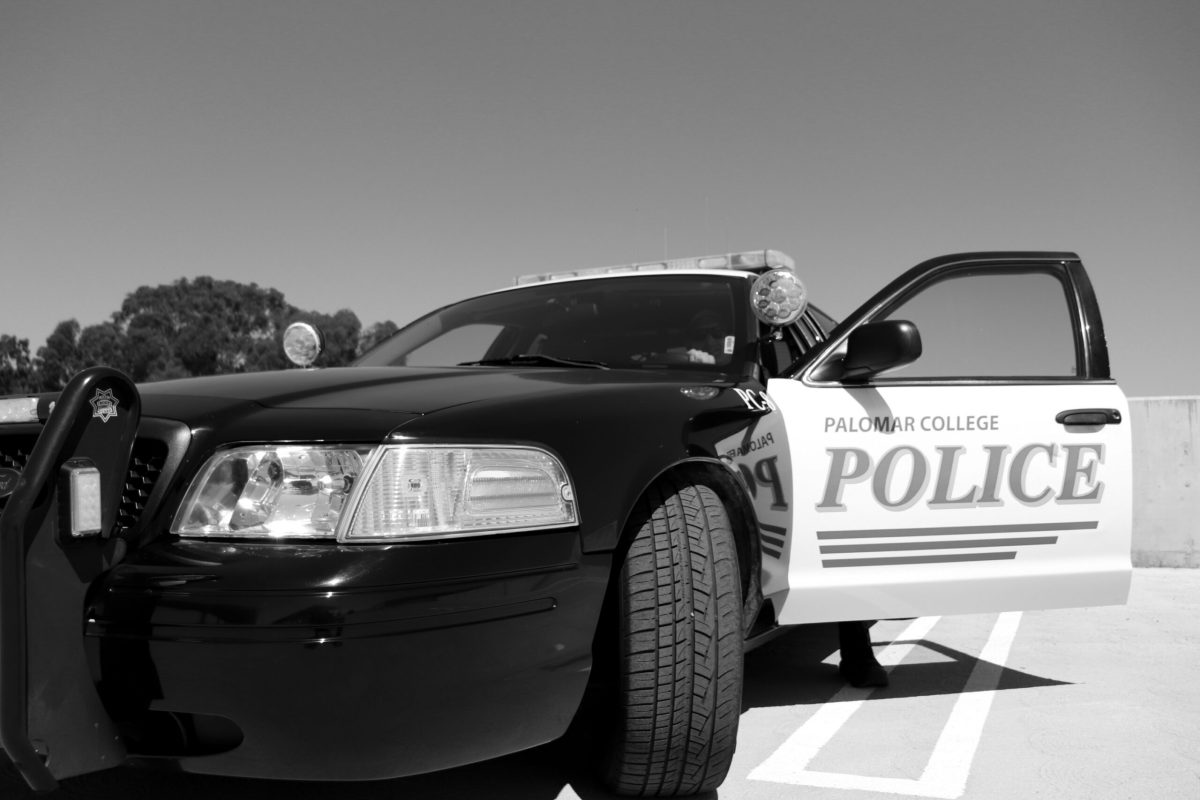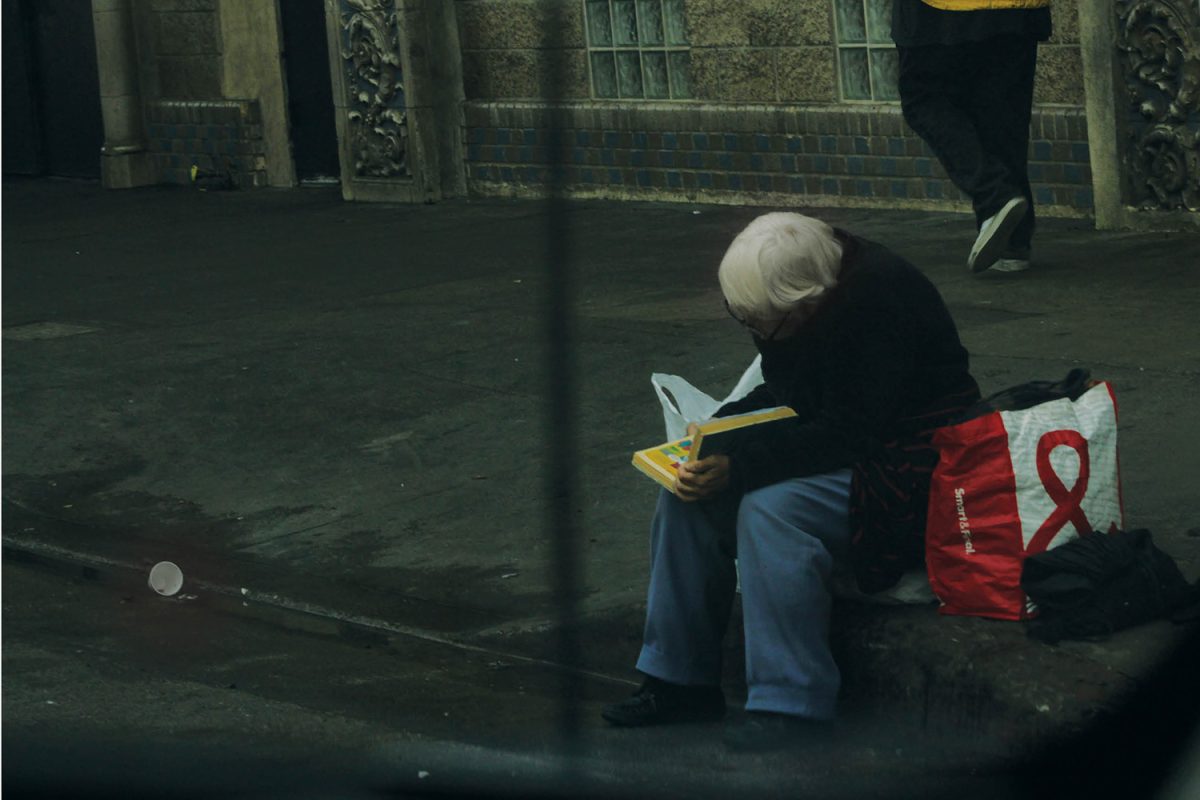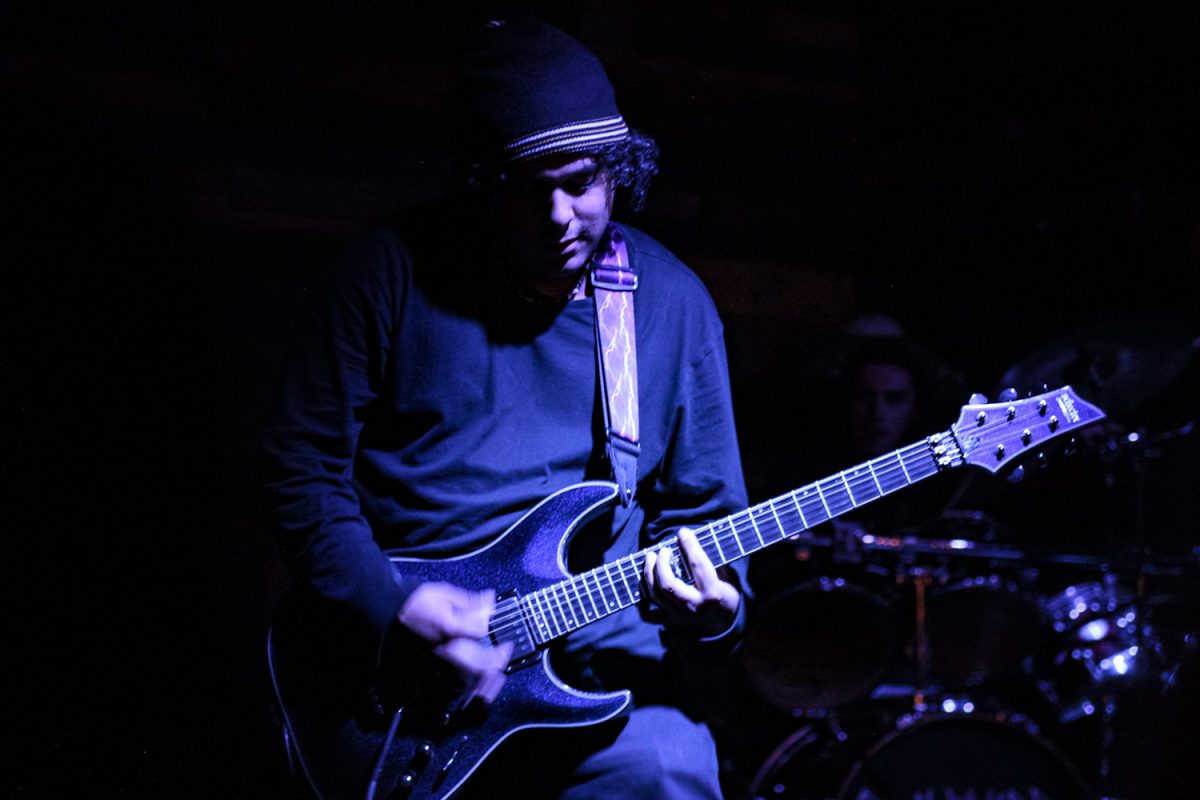Underground artists have been using DNA in tattoos to make their clients feel bonded to their loved ones for decades. Recently, a group of so-called biohackers are attempting to step foot in the tattoo industry – but not as artists.
Patrick Duffy, CEO and founder of Everence has created the company in hopes of making the process of injecting DNA into tattoo ink safer. Tattoo artists around the world have mixed feelings about the idea and company as a whole and are unsure if it is a company that should be supported.
Jordan Brill of The Arcade in Oceanside, CA explains, “the greater Tattoo Artist community is not enthusiastic about Everence.”
Lauren Bartram, tattoo artist at 454 Tattoo in Encinitas, CA expressed initial disappointment towards her role models. “When I heard of this company and the many tattooers whom I look to promoting it, I was actually very disappointed. I felt let down because it is a very common practice to put a small amount of a loved one’s ashes or ground up hair etc into ink. I’ve done it many times” she says, “why would these people who I look up to back something that already exists at no extra cost?”
DNA of humans and/or animals are extracted at the Everence lab in Quonset, RI where they turn DNA into a powdered substance, and put it in a small capsule to mail to the consumer. The consumer can then take the substance to their desired tattoo artist and will use the ink to tattoo a design.
One DNA kit costs $295. This includes one capsule of DNA to be used to put into a tattoo. You will receive your final product within 90 days. One can argue that it is morally and ethically wrong to take advantage of someone’s grieving by charging them a costly price for something that can be done for little to no cost by tattoo artists themselves.
However, Everence is without a doubt making the process of putting DNA in tattoos safer. A team of professionals work together to inject the DNA into the tattoo ink while taking medical precaution.
Some tattoo artists are concerned with having outsiders bring a new product into the industry for economic gain – yet other tattoo artists are supporting Everence in hopes that it will bring them closer to their clients.
Tattooing is an experience that involves an intense amount of trust and commitment. It is crucial for the client to trust the tattoo artist with something that will be on their bodies for a lifetime, and this puts an enormous amount of pressure on the artist to fulfill their needs. While this sounds stressful to some, artists enjoy putting their artwork on others bodies for the entire world to see.
In November 2017, well-known tattoo artists such as Rose Hardy, Tim Hendricks, and Mike Rubendall changed their Instagram profile images to green circle with no context. Local artists were instantly interested in what this meant. Everence gained a large following within hours of this occurrence.
Tim Hendricks, who is a second generation tattoo artist, says in an interview “I’m trying to be the best version of myself. Everence gives me more.” Artists see tattooing DNA as a unique experience. Tattooing something permanent on an individual alone is an intimate experience, but when the DNA of a loved one is involved, it is a much different feeling.
You can imagine the disappointment in seeing something that you have been doing since the beginning of your career being exploited for monetary gain. While it is a cool concept to have your great-grandmothers DNA on your skin to literally have with you wherever you go, it is often not considered moral to charge someone a price to have this DNA put into tattoo ink.
The oxford dictionary defines biohacking as “the activity of exploiting genetic material experimentally without regard to accepted ethical standards, or for criminal purposes.”
Bartram says “you can already tattoo an individual using DNA from a loved one and it is morally wrong to take advantage of someone’s feelings and despair and exploit that.” A positive aspect of this company is that they are making the process of putting ash, hair, or other substances into ink much safer, because the whole process is done in a medical lab rather than a studio.
“Tattooing is for tattooers and by tattooers” says Atom Messmer of ArtCore Tattoo, “outsiders aren’t allowed in to make money off of us.”
Like many people, tattoo artists are weary others making money off of their individuality. Thus, why they are so cautious about Everence as a whole. They have been exploited on television and now have concerns about being exploited by outside businesses such as Everence.
Dawn Coke, part-owner and artist of Depot Town Tattoo and Harlequin Tattoo says “the ‘reality’ is that it takes immense dedication, fortitude, time and money to be a tattoo artist or a serious tattoo collector.”
Everence is composed of experienced tattoo artists and scientists who have worked with genetic material for most of their career. There is something revolutionary about a company that is able to provide people with other ways to express grief for their loved ones.

